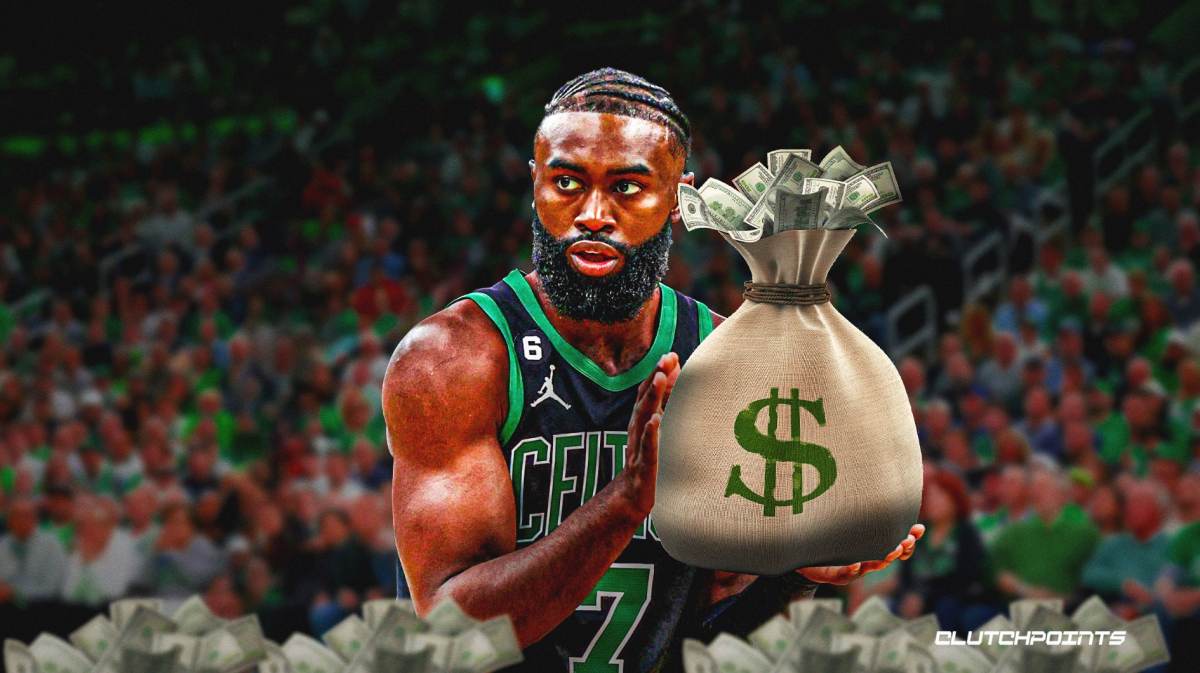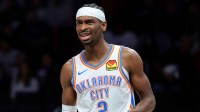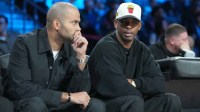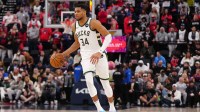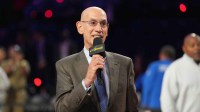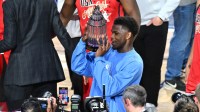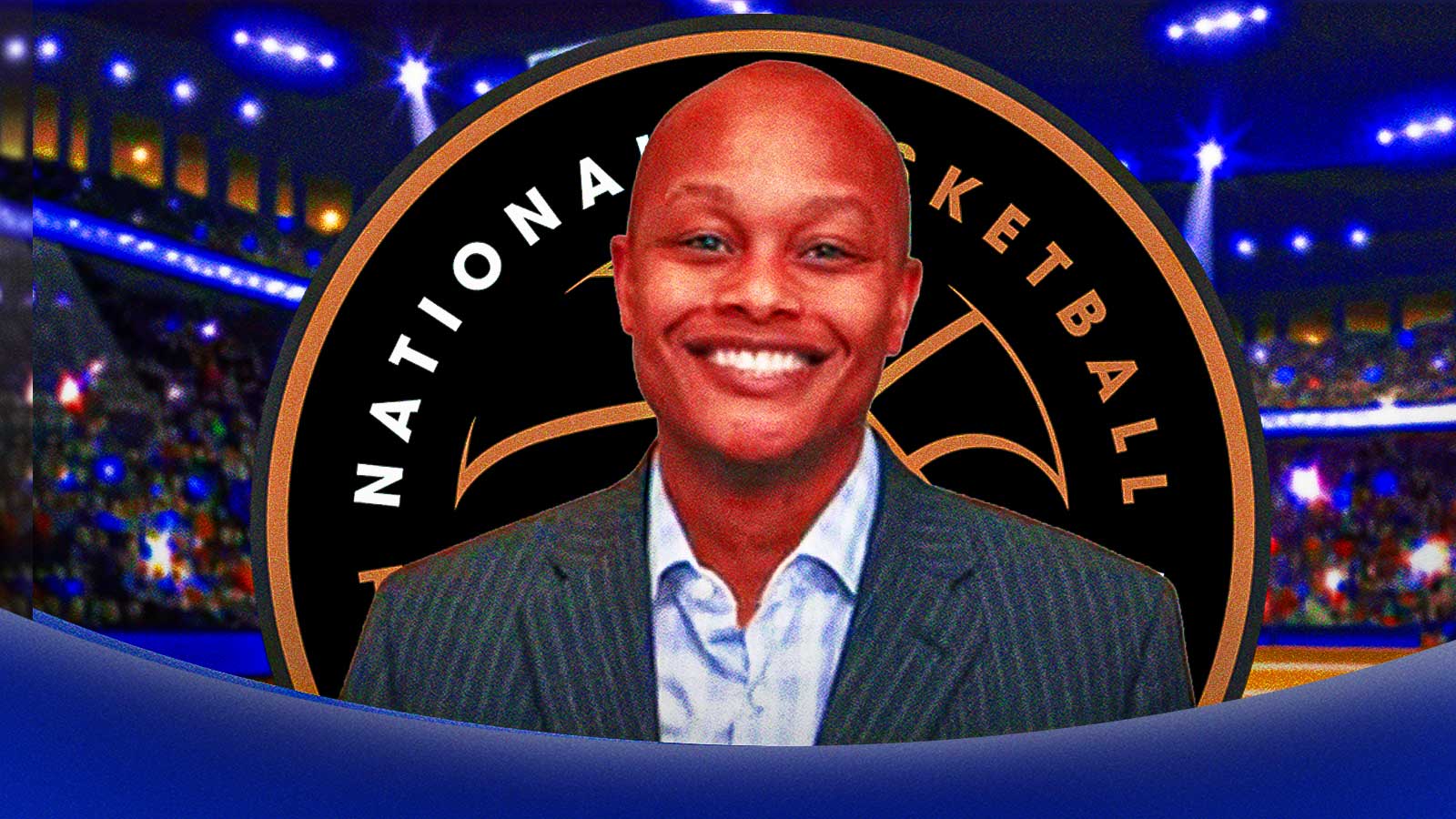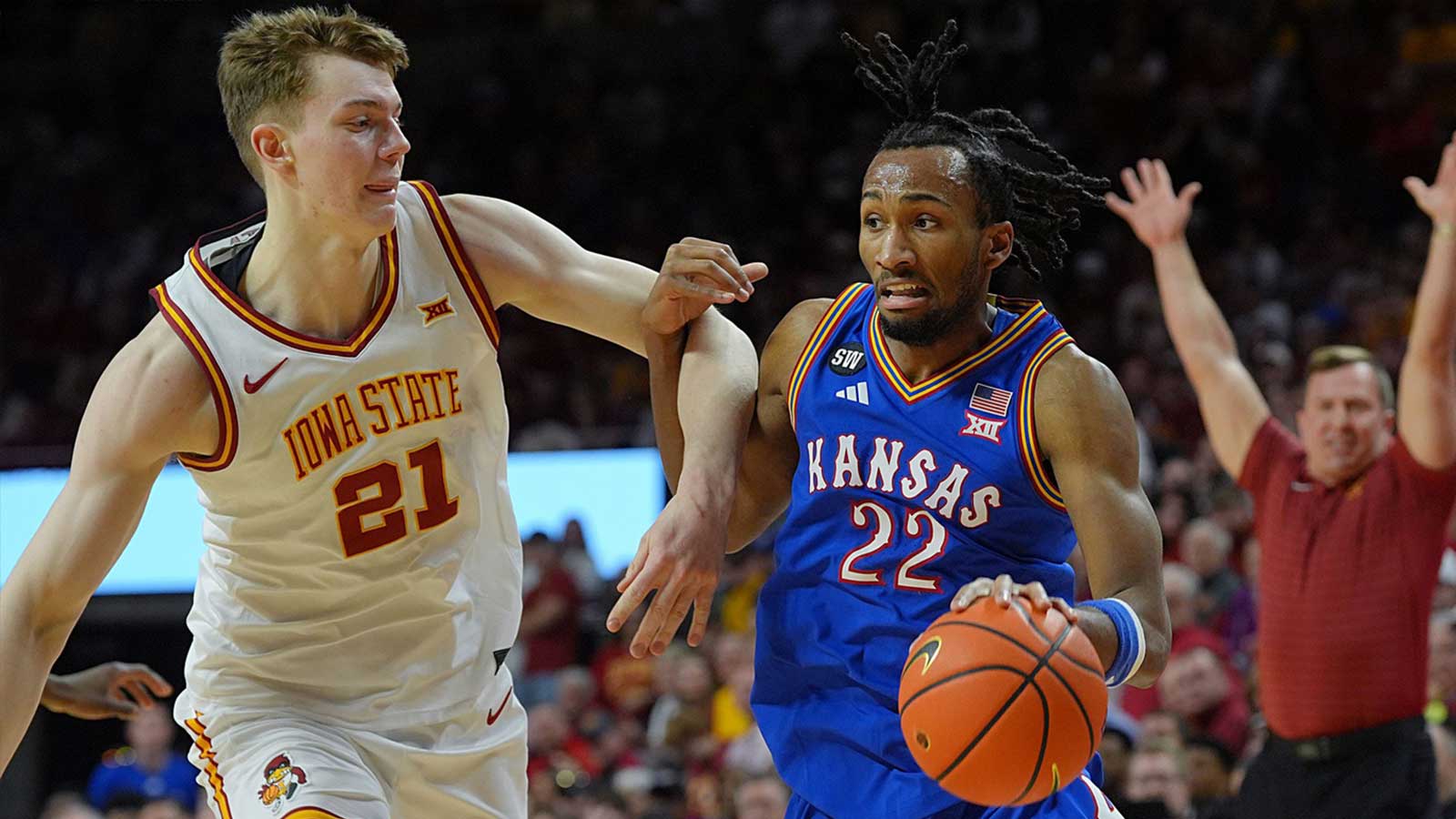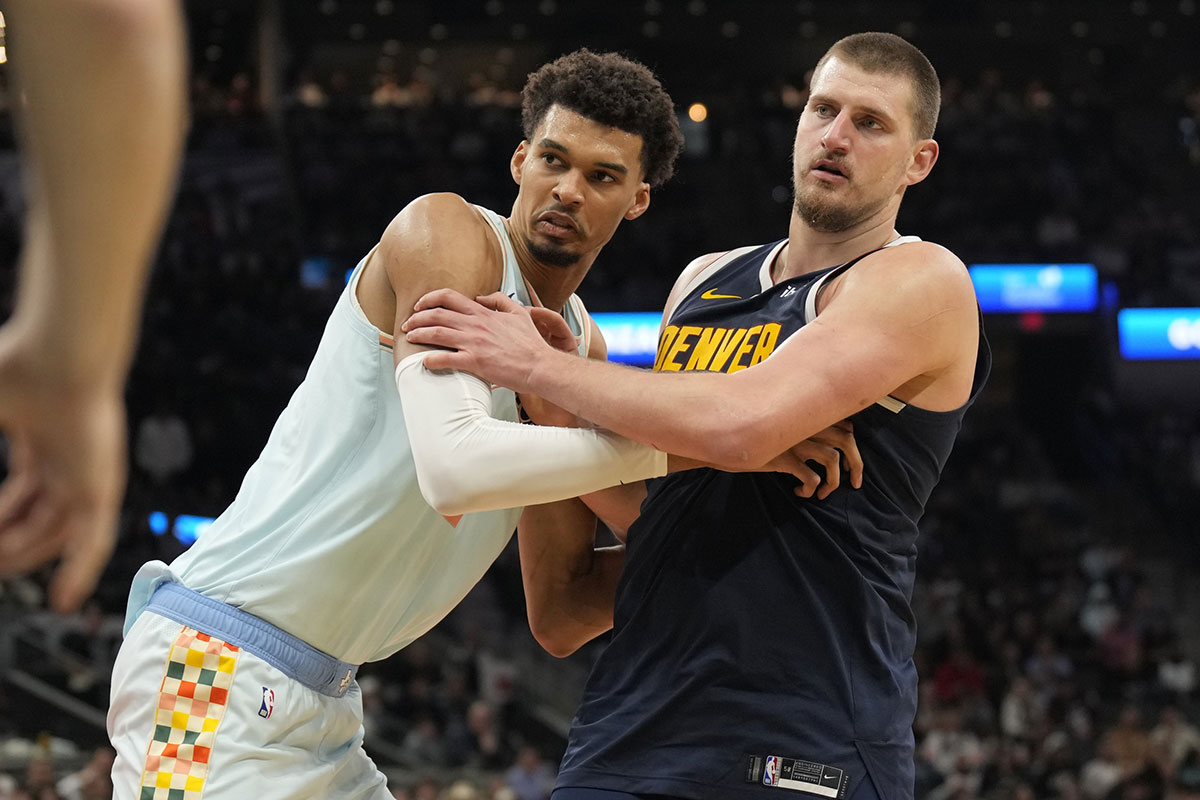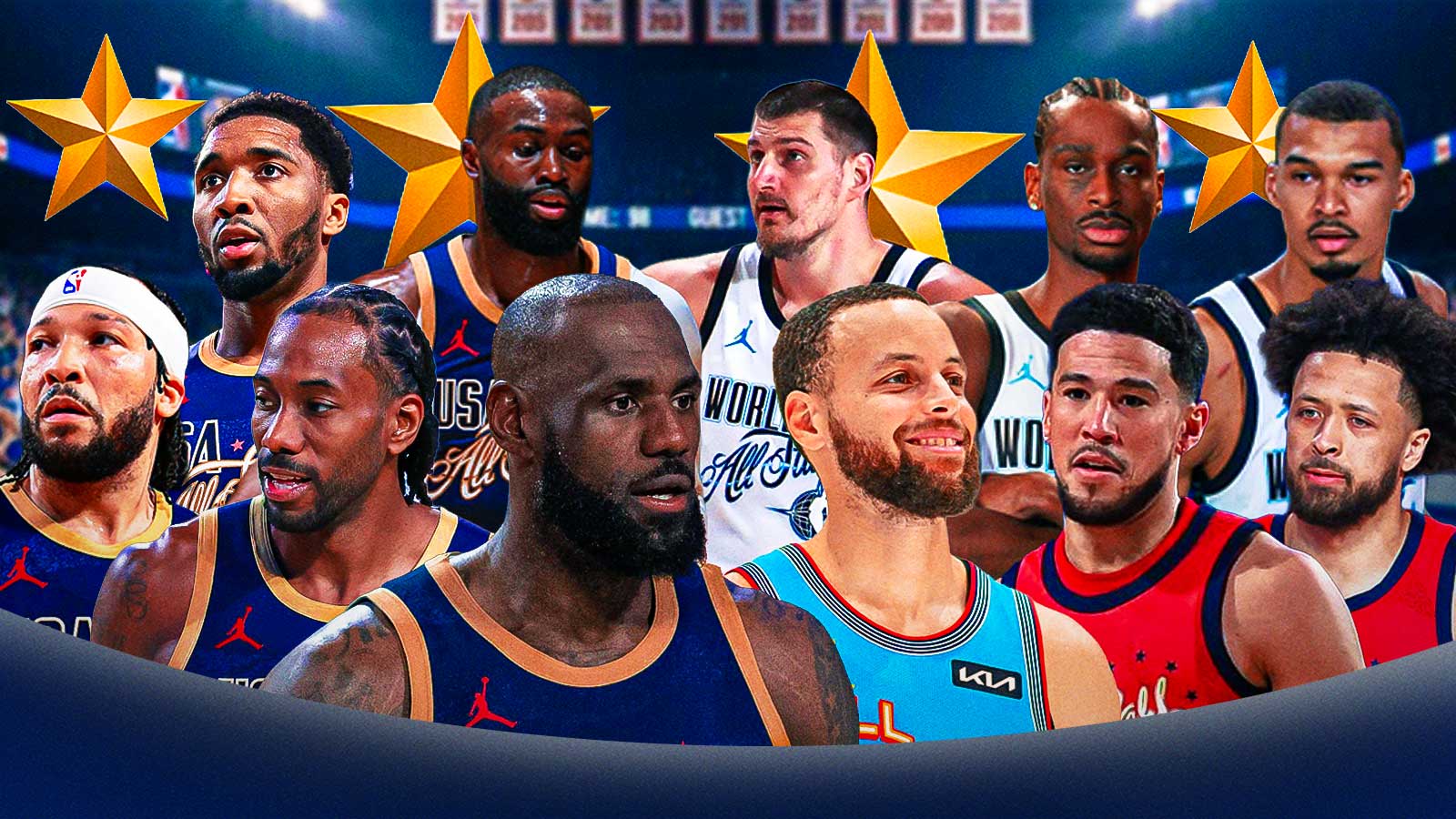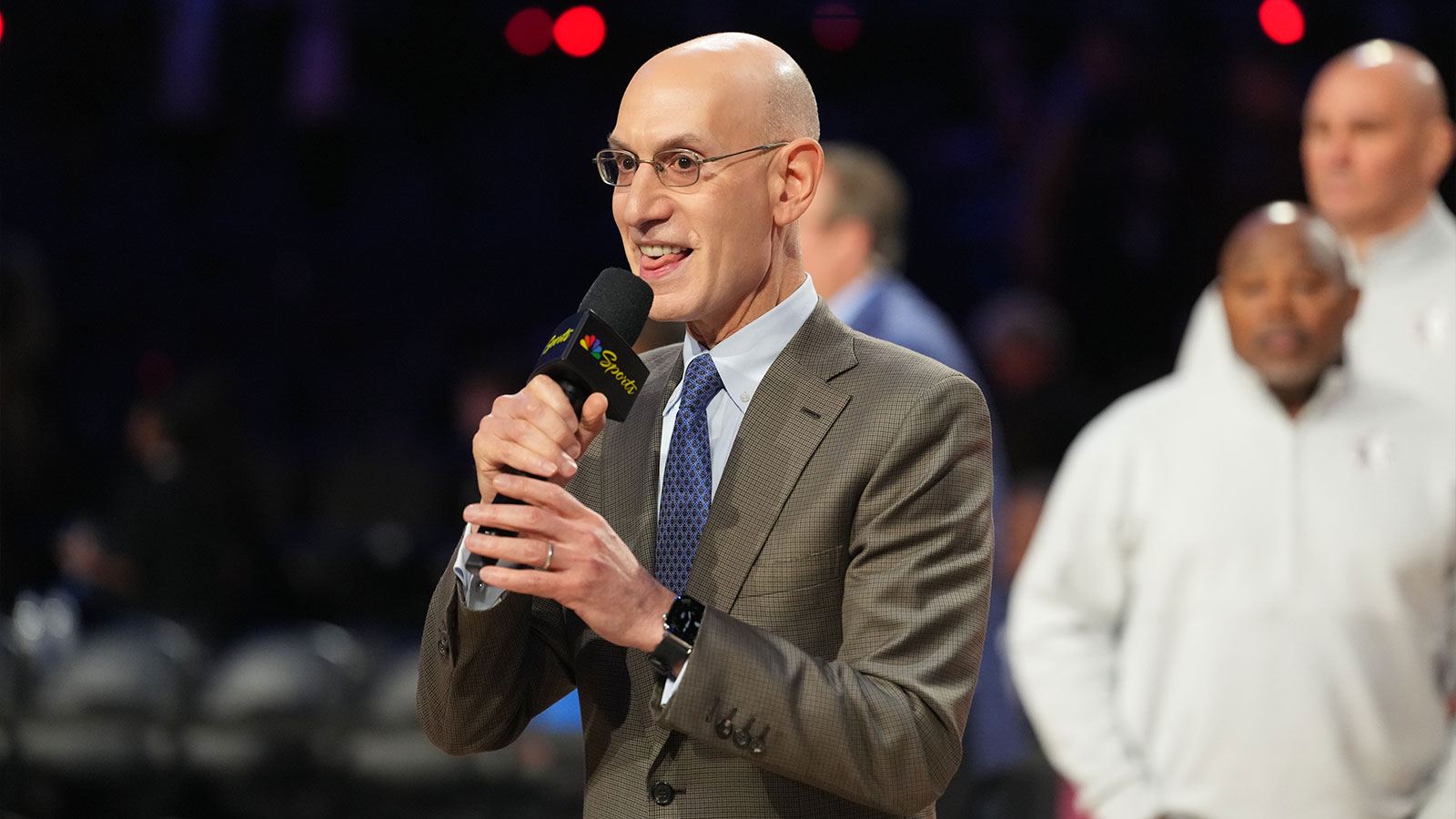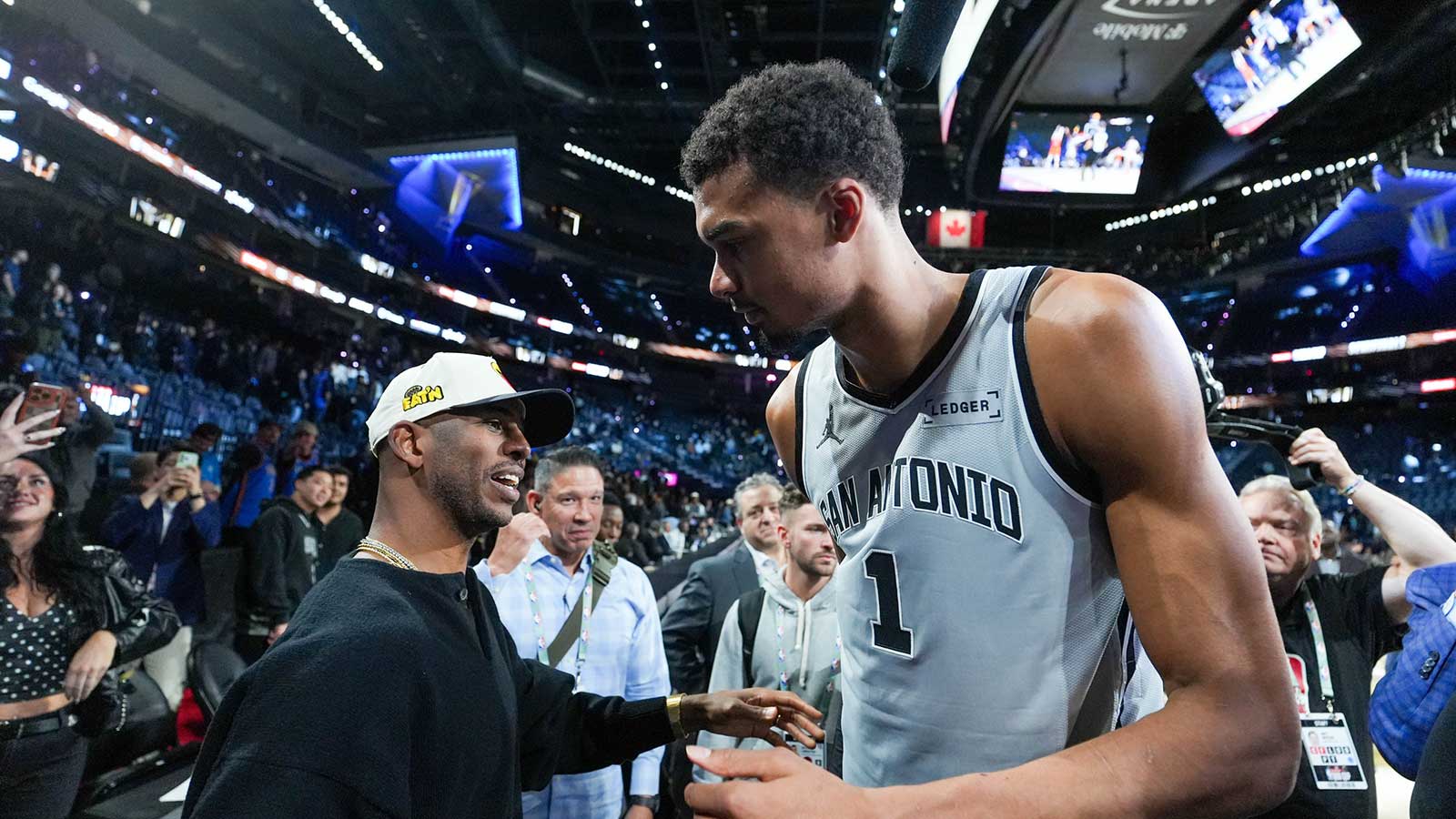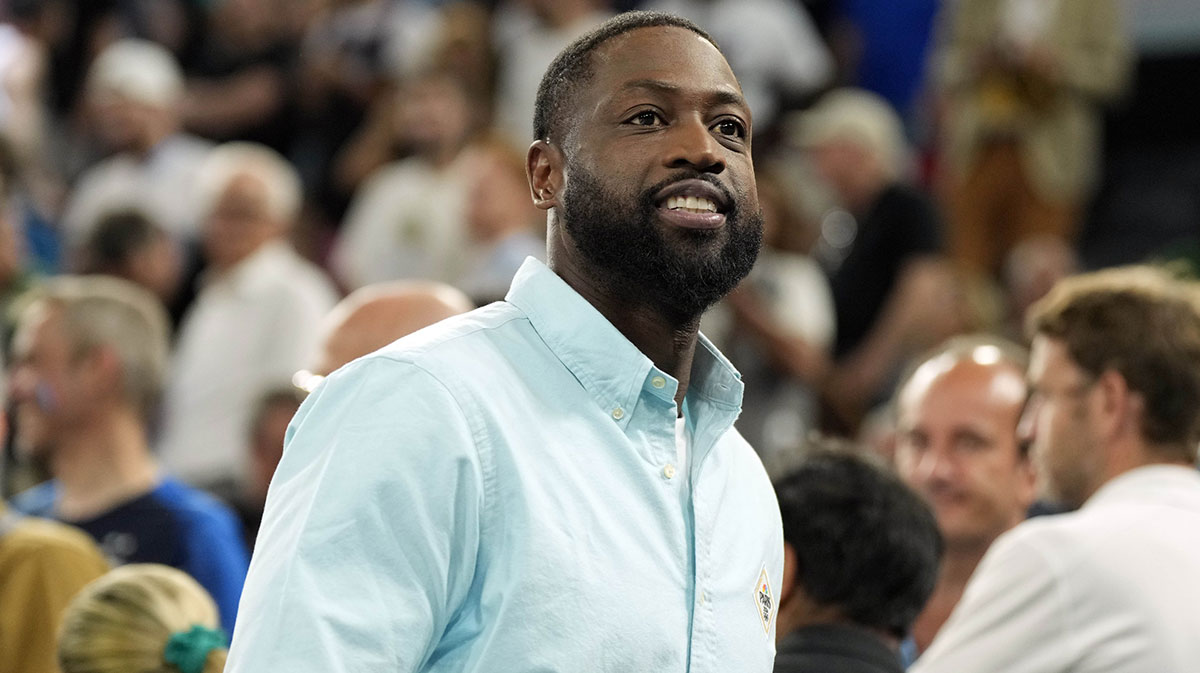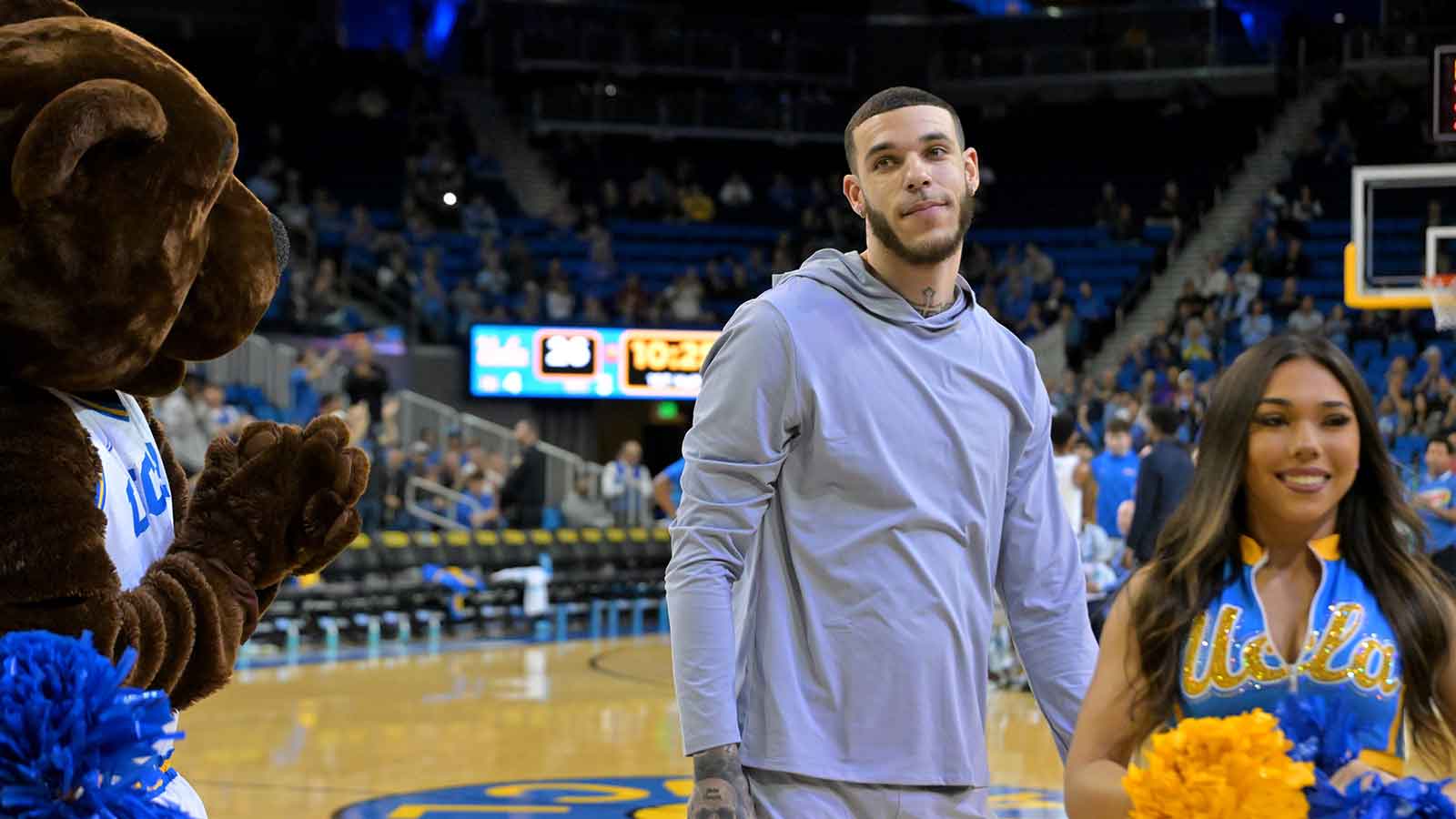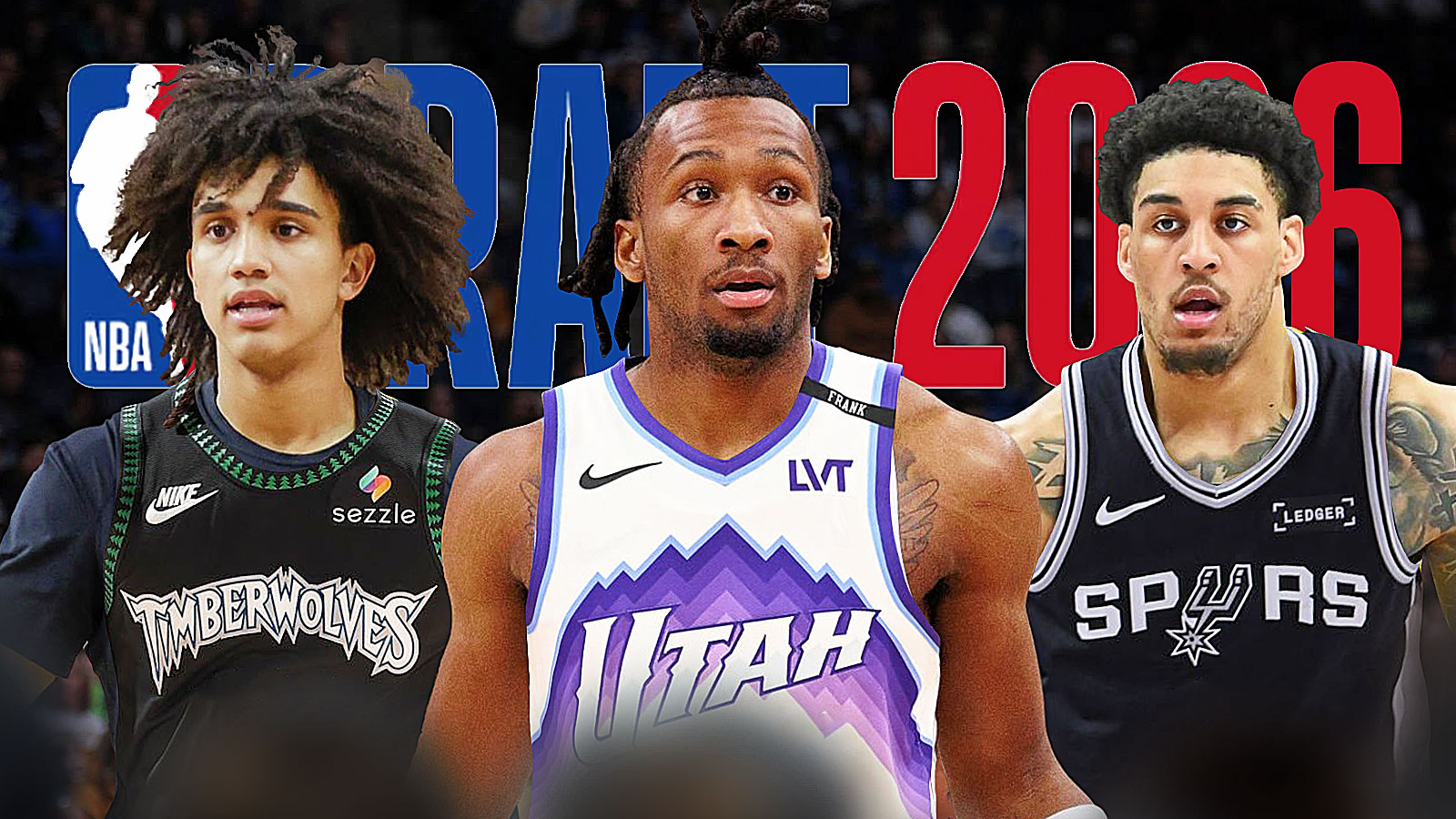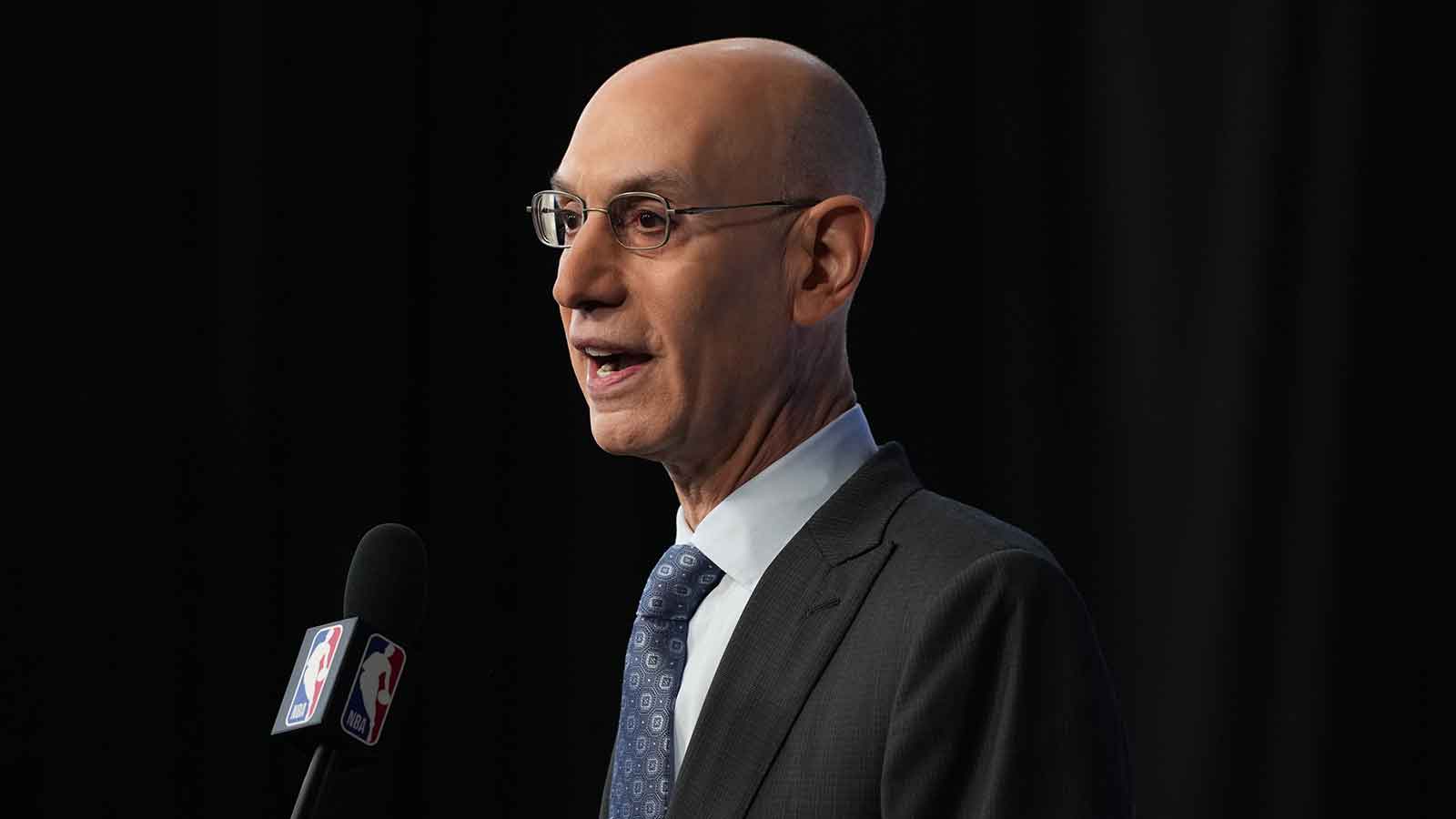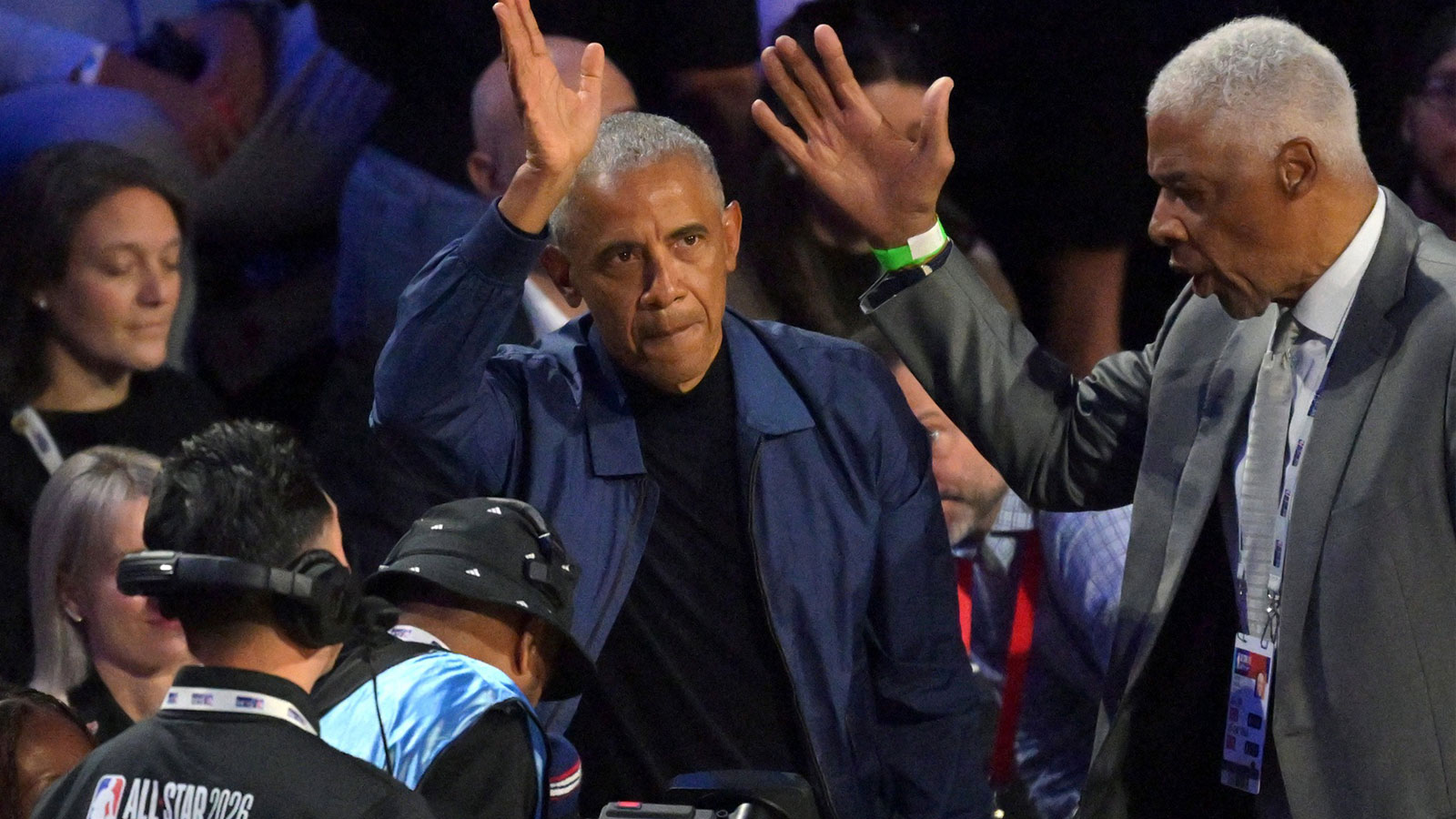It doesn't have to be the end of things. To a degree, the Celtics' comeback-turned-humiliation feels like a bad vibes denouement for the NBA's most underwhelming powerhouse; Jaylen Brown, their second-team All NBA shooting guard, is a free agent after 2024, forcing the Celtics to confront the choice of whether they should offer him a supermax extension worth nearly $300 million over five years. As such, the Celtics must choose between two non-ideal options: they can either trade Brown and backslide out of true contention or they can keep a clumsy, monodimensional scorer who melted down in the Eastern Conference Finals at an extortionate price. These are the golden handcuffs in the NBA—there's a certain, latent cost no matter how much you win. Still, this isn't a hard choice. If the Celtics want to win their 18th NBA Championship, here's why they need to extend Brown, regardless of his flaws.
1. He's a good player
This is the high level hoops insight that only ClutchPoints can provide. Even if Brown's Second-Team All-NBA appearance probably overstates his true ability, he's undeniably a great player; non-great players don't average nearly 27 points per game while playing sturdy on-ball defense. Squarely in the middle of his prime, Brown has grown into his game, pairing his superlative athleticism with equally impressive shot-making. For large chunks of the regular season, Brown was every bit Jayson Tatum's equal as a scorer. Brown has an uncommon mastery of both the easy and the difficult—he can wend his way to open shots, but still manage to drain the contested ones.
To wit, despite the carping about how he presents some harmful redundancies alongside Tatum as yet another score-first wing, he's actually the ideal co-star. Brown is an elite scorer, but doesn't demand the alone time with the ball that other elite scorers require. Since Brown's handle makes it unreasonable to expect him to carry an offense on his own, he's filled out the rest of his scoring repertoire to compensate. He feasts on off-ball opportunities—he's a devastating cutter and spot-up threat, who can parlay his scoring gravity into easy blowbys and slashing opportunities, yet also is a gifted one-on-one scorer. He has the answer to just about any question that a defense poses him, as long as that answer doesn't include too much fancy dribbling.
This natural bucket-getting is the bedrock of everything the Celtics do on offense. With Brown (and Tatum) capable of sustaining an elite offense, the Celtics have filled out their rotation with specialists and complementary aces—anybody can fit alongside Brown and Tatum as long as they're good. Suddenly, unconventional players like Marcus Smart and Derrick White become considerably easier to fit on the court. On a team with less omnipotent wings, Smart and White would be liabilities as guards who can't really fend for themselves with the ball; on the Celtics, Brown can sop up surplus possessions while White and Smart wreak their signature helpful havoc. Similarly, Brown's presence enables the Celtics to deploy a jumbo frontcourt of Robert Williams and Al Horford, allowing Boston to bully team in the paint without losing too much perimeter juice.
2. The Celtics can't get better
In a vacuum, Brown isn't worth a super-max—there are maybe 12 players in the entire NBA who merit that much cash and Brown certainly isn't one of them. But on a Celtics' team that's just a half-step away from winning a ring, the calculus changes. At this point in time, there's no clear path for the Celtics to find someone better than Brown. Sure, the Celtics could trade Brown for an absolute haul, but to what end?
By getting rid of Brown, the Celtics would invariably plunge themselves into a mini-rebuild that's not worth the opportunity cost of losing out on years of contention. In any plausible Jaylen Brown trade, the Celtics take a few years to reach their currently level at best; at worst, they never do. They would simply be dismantling a title contender for the chance of maybe, possibly being a title contender again in a few years. Guys like Scoot Henderson or Jalen Green are appealing assets, but they don't match the Celtics' timeline. A team that wants to win immediately doesn't have the time or energy to devote to developing young guys who are still wet around the ears. To be sure, the newly beefed up luxury tax penalties make re-signing Jaylen Brown a risky proposition, but that's the cost of having great players—they need to be paid eventually.

